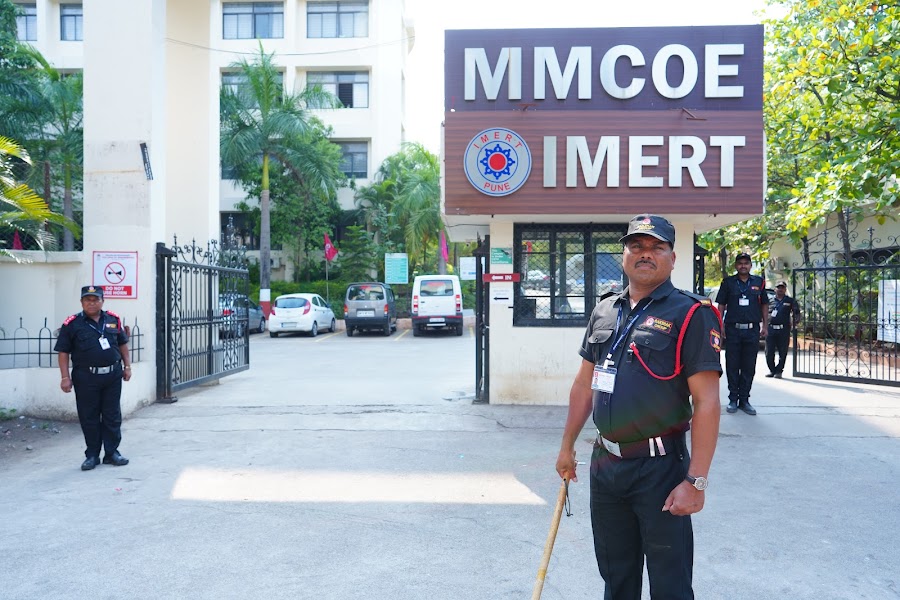
Training plays a pivotal role in both physical security services within various environments, including commercial buildings, healthcare facilities, educational institutions, and more. Here are the key reasons highlighting the importance of training in these sectors:
Physical Security:
- Threat Identification and Response:
- Training equips security personnel with the skills to identify potential threats and respond effectively. This includes recognizing suspicious behavior, understanding security protocols, and implementing appropriate measures in emergency situations.
- Technology Utilization:
- With the constant evolution of security technologies, training is essential to ensure that security personnel can effectively operate and leverage advanced security systems, such as access control systems, surveillance cameras, and intrusion detection systems.
- Communication Skills:
- Effective communication is crucial in security operations. Training helps security professionals develop clear and concise communication skills, facilitating coordination with team members, emergency responders, and other stakeholders.
- Legal and Ethical Considerations:
- Security personnel need to be aware of legal and ethical considerations related to their roles. Training helps them understand relevant laws, regulations, and ethical standards, ensuring that security measures are implemented within the bounds of the law.
- Customer Service Skills:
- In environments where security personnel interact with the public, training in customer service skills is vital. Security professionals must strike a balance between enforcing security measures and maintaining a positive and helpful demeanor.
- Crisis Management:
- Training prepares security personnel to handle crisis situations efficiently. This includes developing crisis management plans, conducting drills, and understanding protocols for evacuations, lockdowns, or other emergency scenarios.
- Cultural Sensitivity and Diversity Training:
- Security personnel often work in diverse environments. Training in cultural sensitivity helps them interact respectfully with individuals from different backgrounds, contributing to a more inclusive and supportive security culture.
- Team Collaboration:
- Security operations often involve collaboration among team members. Training fosters teamwork, ensuring that security professionals can effectively coordinate efforts and share information to address security challenges.
In physical security services, ongoing training is essential to keep staff updated on the latest technologies, best practices, and industry standards. Regular refresher courses and drills contribute to a well-prepared and effective workforce in maintaining the safety, security, and cleanliness of various environments.
